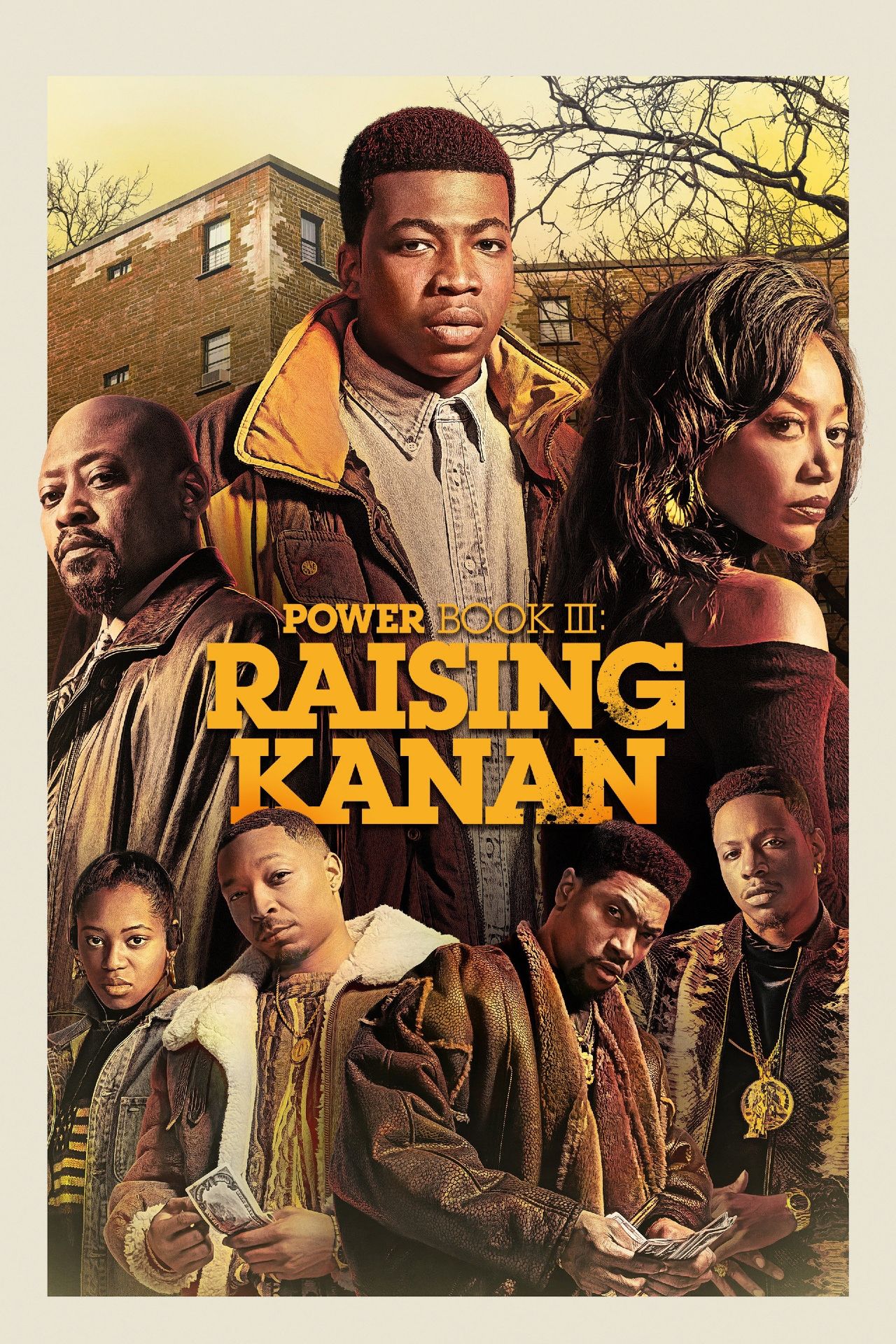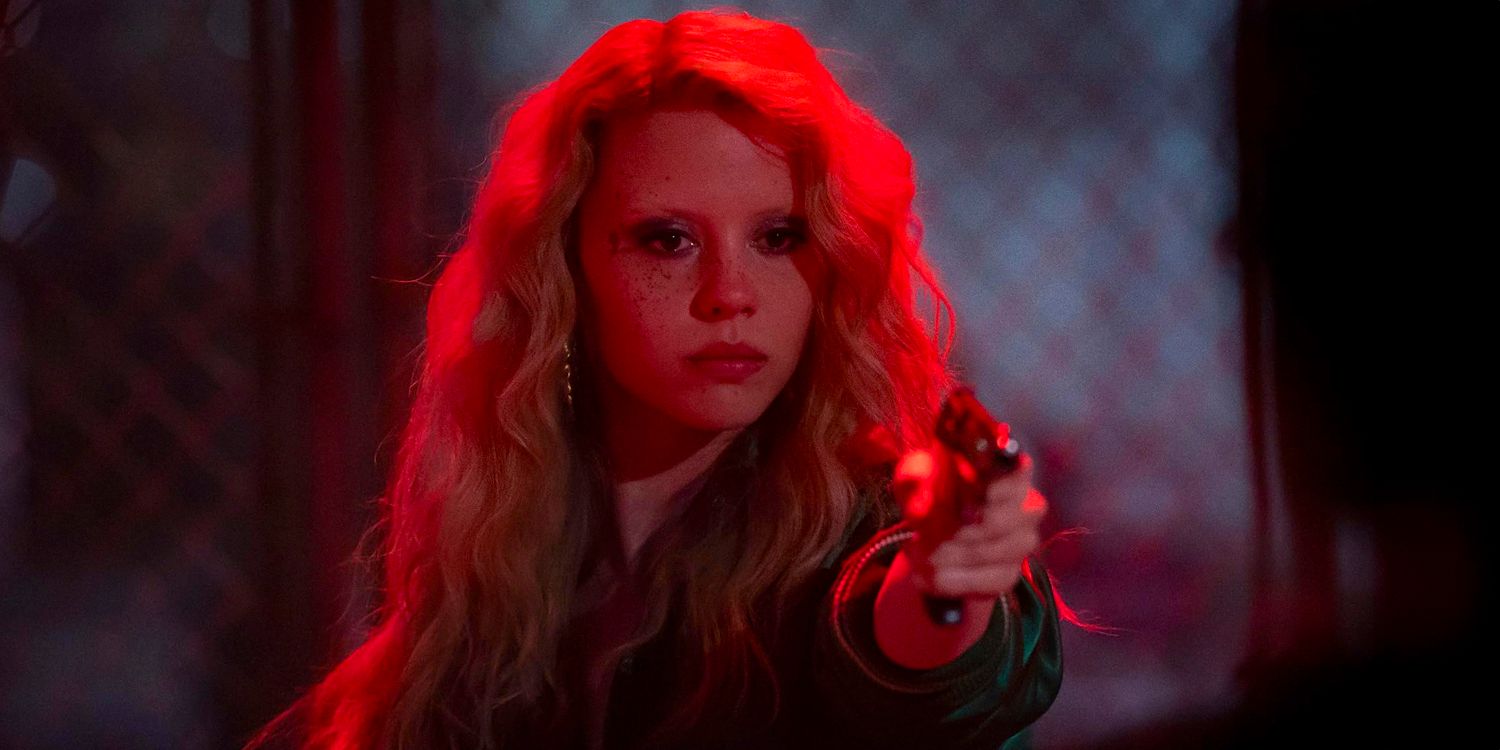While the film description, “a horror movie where the protagonist wears a blindfold,” would conjure 2018 sci-fi horror Bird Box in most people’s minds, it also serves to describe the 2010 Spanish movie, Julia’s Eyes.
Released on Netflix, Bird Box depicts a post-apocalyptic world where humans are forced to wear blindfolds to avoid seeing madness-causing monsters. Starring Sandra Bullock as Malorie, the movie leans heavily into its star power. It came out the same year A Quiet Place hit theaters, and many were quick to point out the similarities between the two. While A Quiet Place was the higher-rated movie, Bird Box became something of a viral, meme-worthy hit, garnering significant acclaim and attention. Despite all eyes being on the Sandra Bullock-led thriller, which was based off a novel by Josh Malerman, a lesser-known foreign horror is the more direct choice for comparisons, not A Quiet Place.
Julia’s Eyes was directed by Spanish director Guillem Morales and produced by two-time Oscar-winner Guillermo del Toro. A horror thriller, it follows the story Julia, a woman who is slowly losing her sight. Played by the extremely talented Belén Rueda, Julia investigates her sister’s suicide while also undergoing an eye surgery that temporarily blinds her.
Bird Box And Julia’s Eyes: What Does The Blindfold Mean?
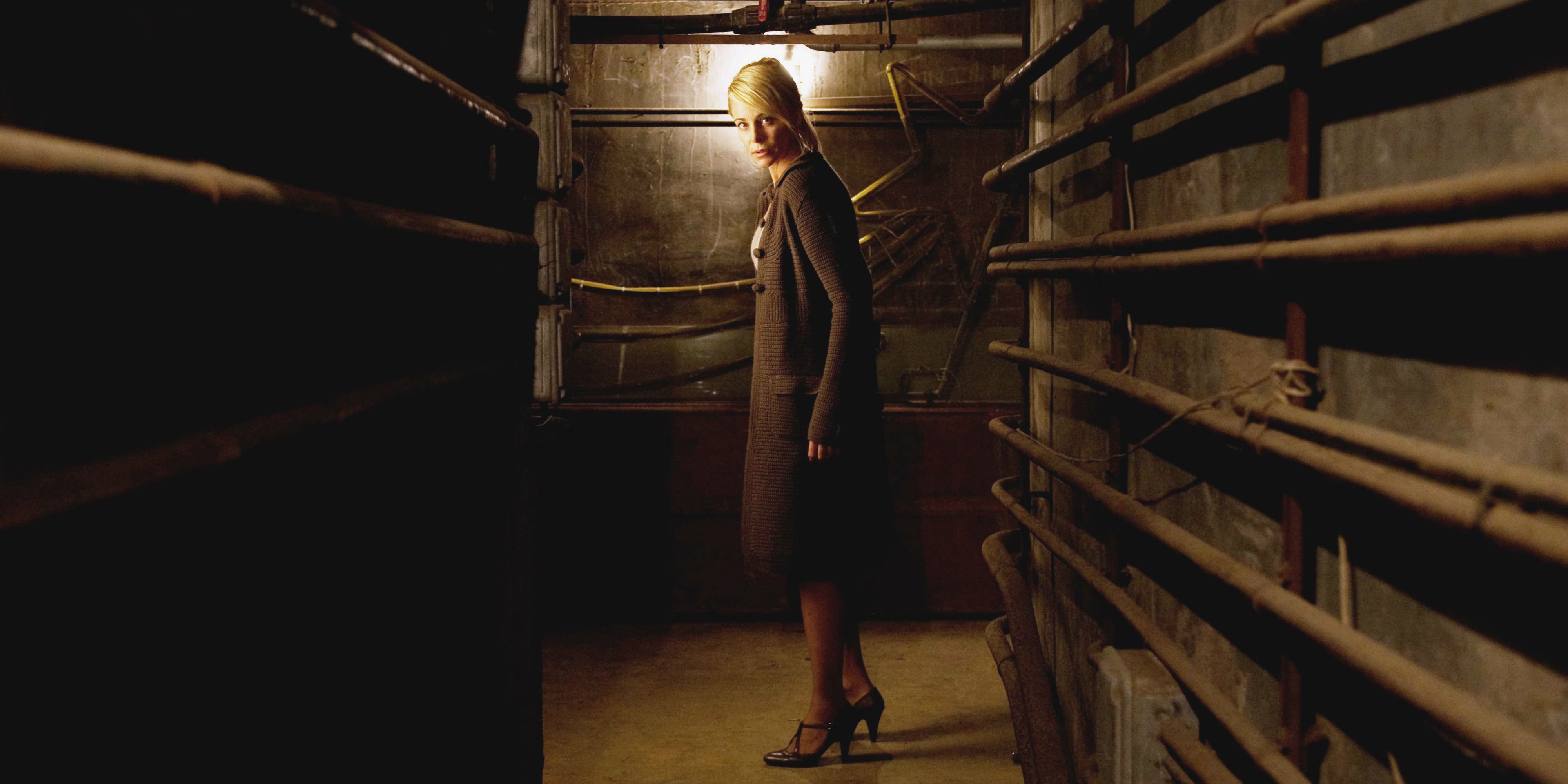
In both movies, the blindfold serves both a mechanical and symbolic purpose. In Bird Box, supernatural monsters take the shape of one’s worst fear, leading those who see them to either madness or suicide; blindfolds are a protective measure. The audience never sees the monsters outright, only their effect. It represents a fear of the unknown.
In Julia’s Eyes, the blindfold is a necessary measure to ensure her eye operation takes. Here, the blindfold represents sacrifice, a running theme through the movie: a moment of darkness for a brighter future. Much of the tension comes not just from knowing that something sinister is happening around Julia, but that if she peeks to look at it, it condemns her to permanent blindness. It exchanges one kind of blindness for another.
Why Julia’s Eyes Is Better Than Bird Box
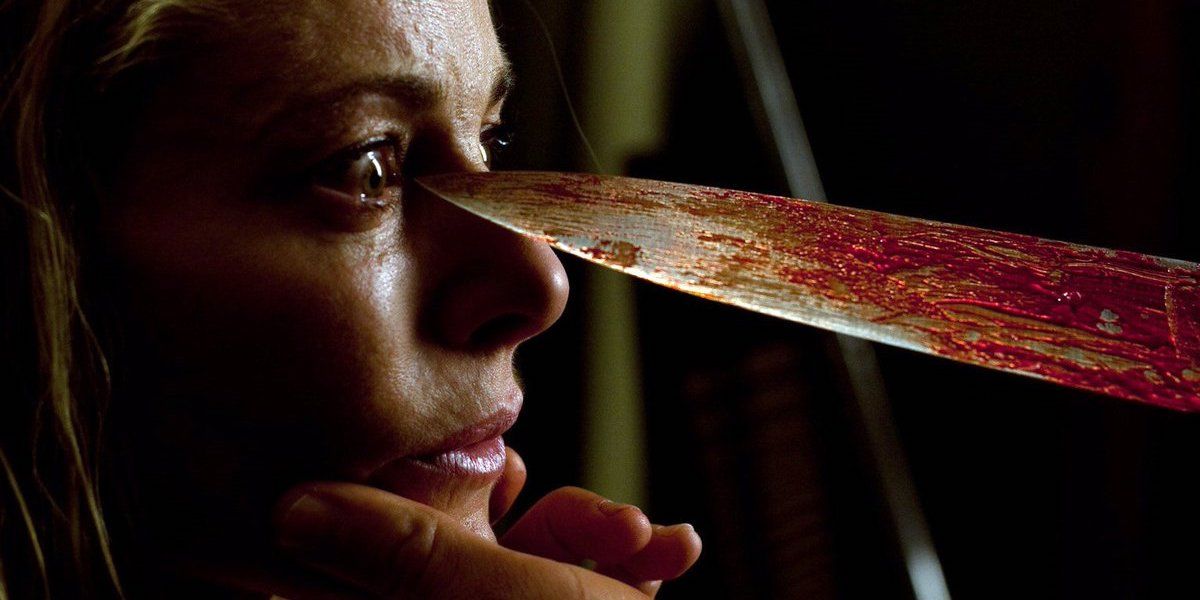
In terms of reception, Julia’s Eyes has Bird Box beat. Its 90% score on Rotten Tomatoes is leagues ahead of Bird Box’s 63%. The blindfold mechanic in Julia’s Eyes is much more organic as well. In eschewing any sci-fi elements, Julia’s Eyes grounds its horror in humanity. It is a story that weaves its concept with its horror, developing multiple levels of tension. The film leans into dramatic irony; from the first scene, the audience knows something is amiss, while Julia is left to grope in the dark.
It is also an extremely beautiful movie. Its high caliber cinematography and acting put it in the realm of horror like Silence Of The Lambs and Psycho. Julia’s Eyes also includes one of the most arguably tense scenes in horror history, combining open eyes and a knife’s edge to capture many of humanity’s innate fears, while developing character-specific tension.
Julia’s Eyes: Why Foreign Language Horror Deserves Better
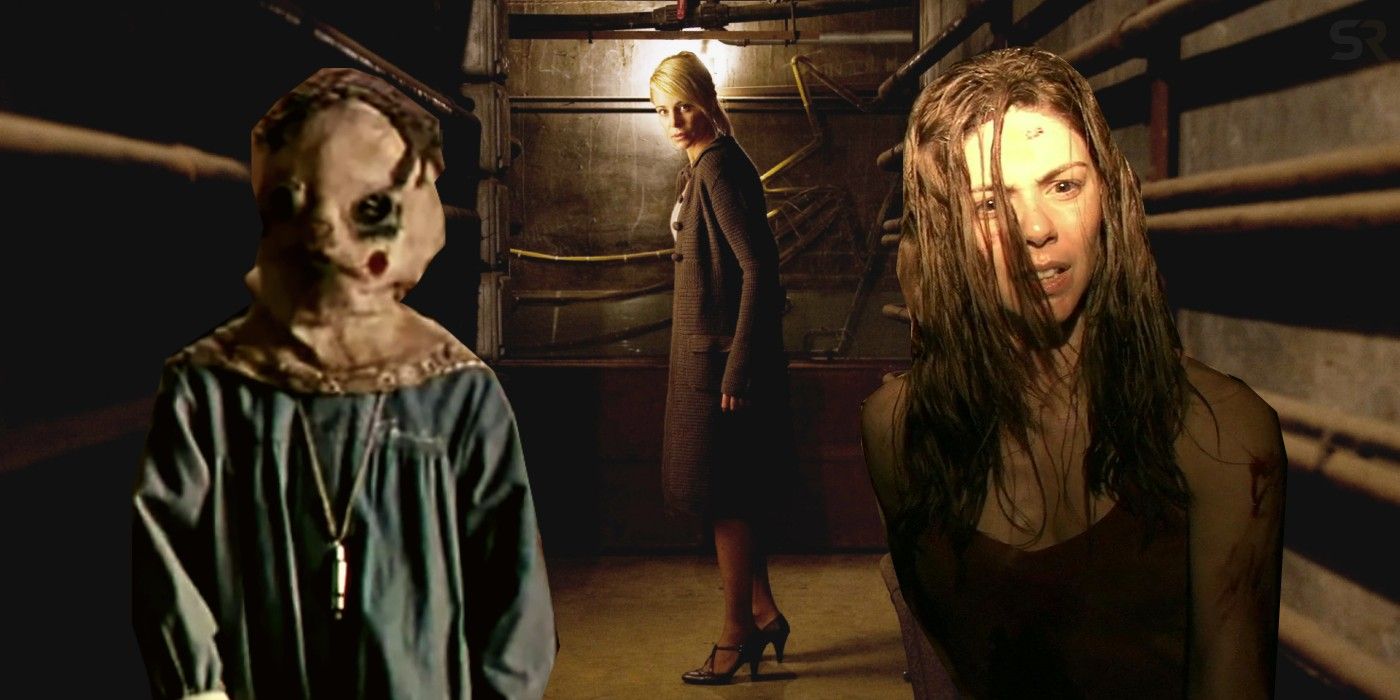
Spanish-language cinema has had a lot to offer horror. The Orphanage balances a terrifying atmosphere with supernatural dread. [REC] uses high stakes zombie horror to make one of the most tense found footage films. The acting is one of the strongest points of Julia’s Eyes, something that would be lost in an adaptation.
Julia’s Eyes rarely makes it onto top ten horror lists. It released at a time when horror and foreign language horror were generally still treated as separate. There is a bias in the film world towards English language movies; instead of distributing East Asian horror globally as is, it is usually adapted and translated in the West, often to the detriment of the story. Limiting horror to a single language limits the scope of imagination and possibility.
Fortunately, this trend is slowly disappearing, as exemplified by Korean thriller Parasite becoming the first non-English film to win the Oscar for Best Picture. The future holds hope for movies like Julia’s Eyes, which have the merit but still deserve to one day reach the scope of films like Bird Box.

